The Best Stand-Alone Episodes—as Chosen by TV Writers and Showrunners
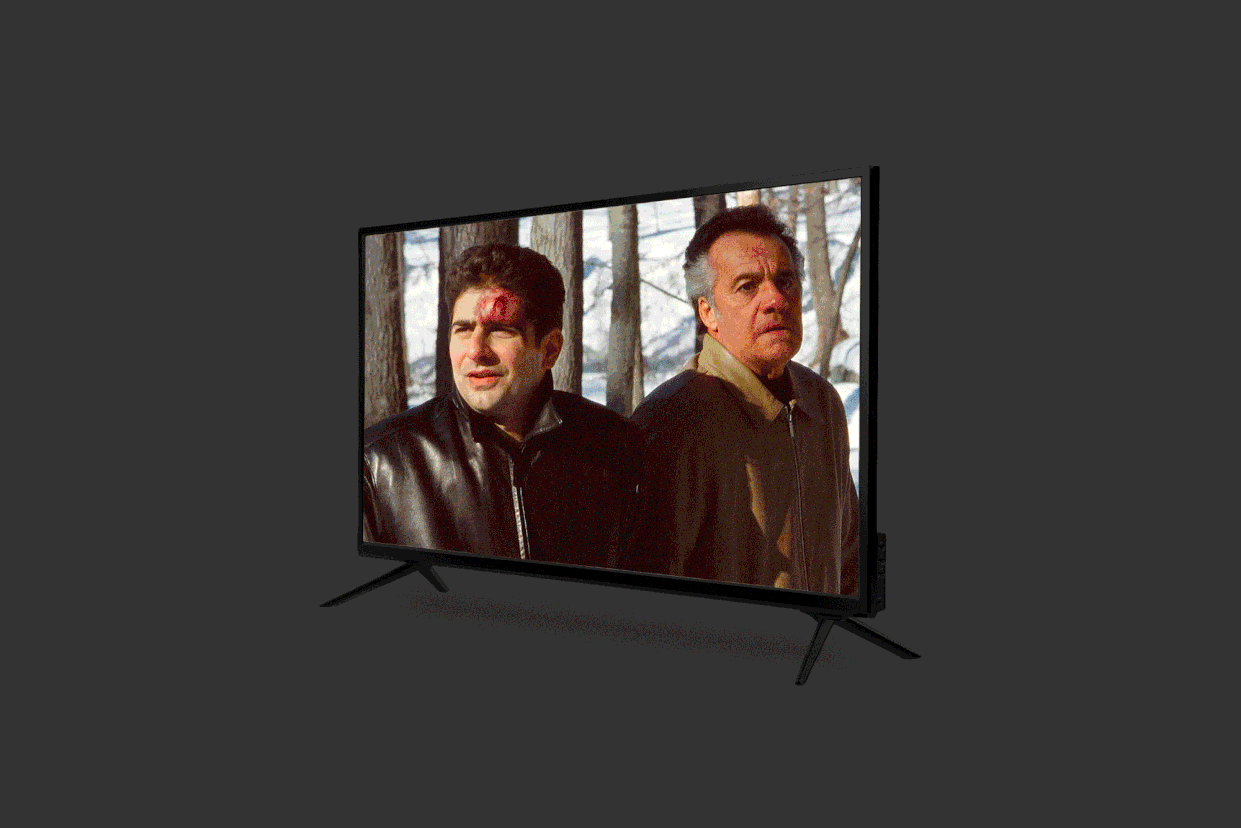
- Oops!Something went wrong.Please try again later.
- Oops!Something went wrong.Please try again later.
Some of the best episodes of TV are stand-alone: an installment that stands up on its own, whether or not you’ve seen the rest of the show. At Slate, we have officially crowned our own picks for the 40 greatest stand-alone episodes of all time, but as we were assembling the list, we also wanted to hear from those who know the form best: the people responsible for some of the finest shows on the air. We asked 11 TV writers and showrunners—from Abbott Elementary creator and star Quinta Brunson to Station Eleven showrunner Patrick Somerville—to share their own favorite stand-alone episodes. Here’s what they chose.
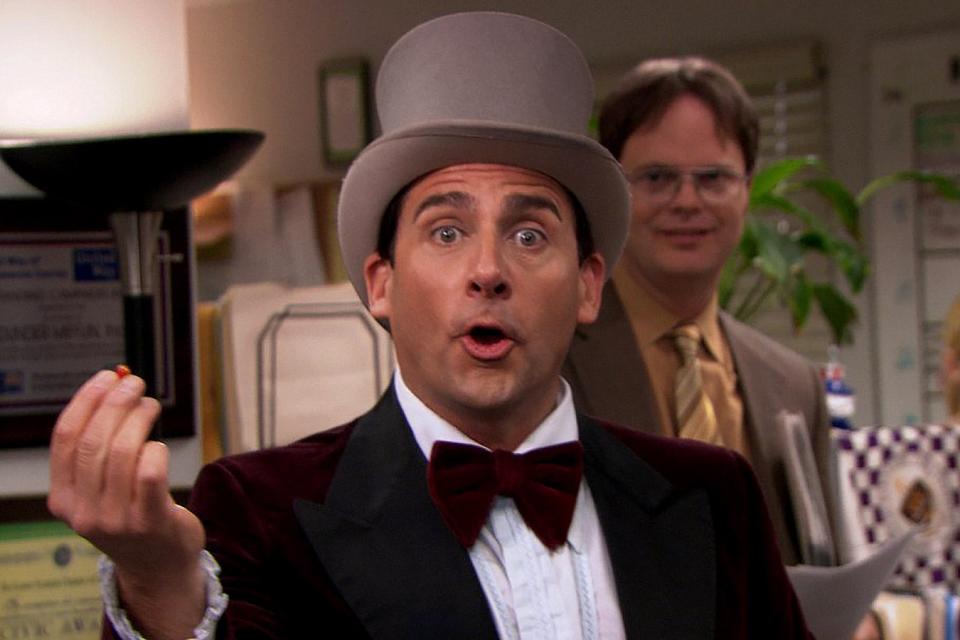
Michael (Steve Carell) is so silly and so wrong in this episode. He’s fumblingly whimsical, hilariously proud, and then uniquely horrible in trying to get underling Dwight (Rainn Wilson) to take the fall once his bright idea—hiding golden coupons for paper discounts in reams going out to clients—goes awry. It’s fun to see the tables turn on Michael later when their boss, David Wallace, rewards Dwight—because he deserves it. The episode’s B story, meanwhile, isn’t Jim- and Pam-heavy, but instead focuses on accountant Kevin (Brian Baumgartner)—an excellent vehicle for us to get Jim, Pam, and Andy’s opinions on love and life. Anyone can watch this episode without having seen the rest of the show and get a great idea of who each character is and how the show works.
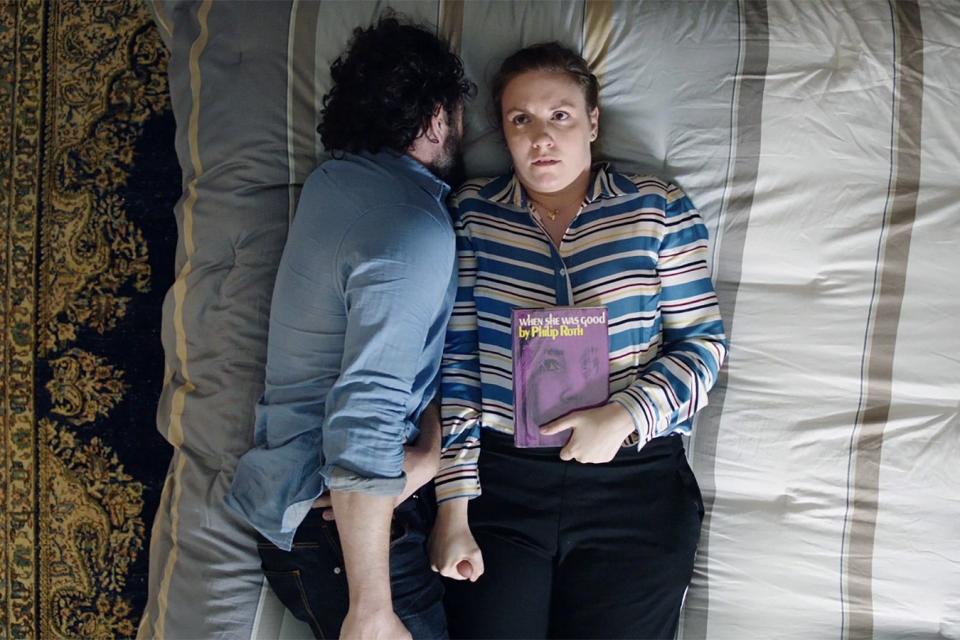
In this episode, Matthew Rhys plays a well-known author who has recently been accused of sexual misconduct, and he invites Hannah (Lena Dunham) to come over to his house and discuss a recent article about him that she wrote for what she calls a small feminist blog. I always recommend this episode to people. It’s a really good bottle episode for Hannah that has nothing to do with the rest of the show but everything to do with the rest of the show. It’s so effective in showing precisely how grooming—I guess that’s the term—actually looks and plays out, especially among people of power in an intellectual world. It has the dialogue of an essay, but in the form of a dramatic episode, which is more powerful in a way: You really feel how this kind of thing happens.
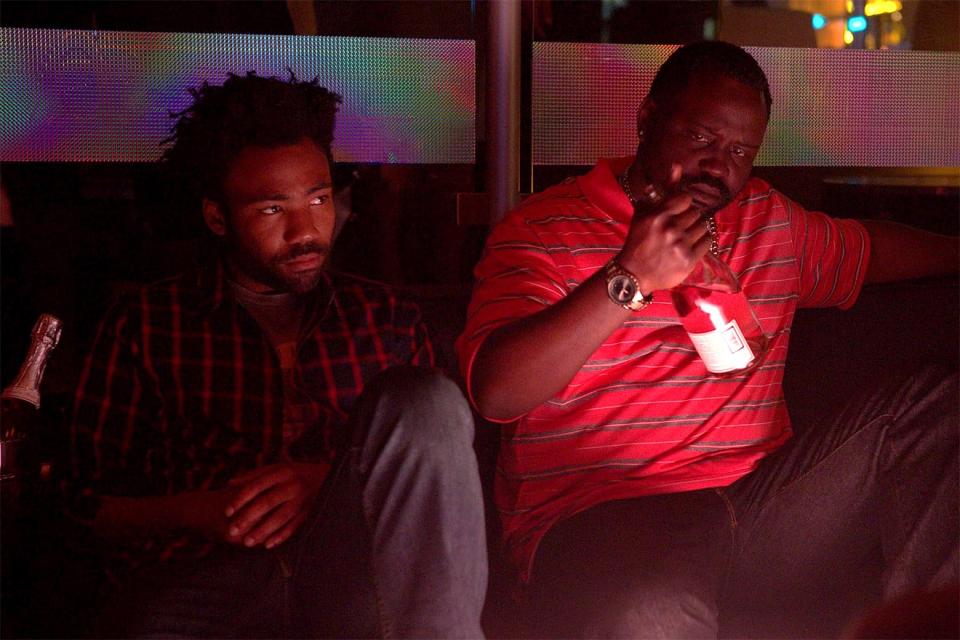
I know there are a lot of stand-alone episodes of Atlanta to choose from: “Juneteenth,” “Alligator Man,” the “Helen” episode where they speak German. But my first favorite was “The Club.” I knew I was in the minute Paper Boi (Brian Tyree Henry) says he doesn’t trust Nigerians—then finds out his best friend, Darius (LaKeith Stanfield), is Nigerian. (I’m Nigerian, so this had me rolling.) Also, the moment when Earn (Donald Glover) pukes on the floor right as he demands payment from the club owner—that was perfect. Top-to-bottom hilarious. I love that the episode both encapsulates and heightens what it’s like to be at the club, particularly as someone at the ass-end of the social ladder. It feels like the emotional precursor to beautifully self-referential club scenes from future series like Rap Sh!t, Dave, and, of course, Swarm.
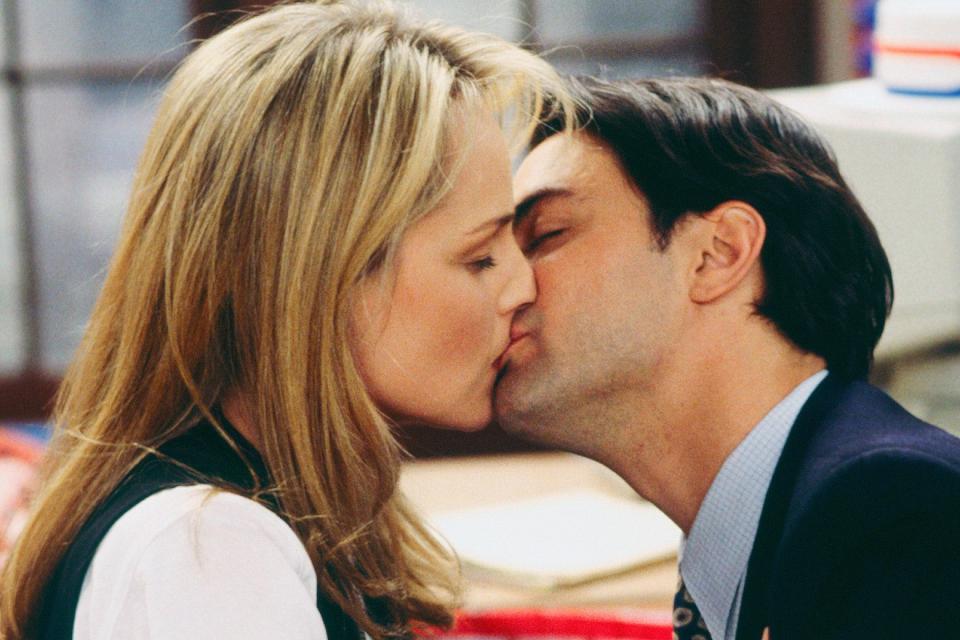
“The Finale: Part 3,” the Season 4 finale of Mad About You, has always stayed with me. This was one of the first times I realized that television comedy could truly push limits, defy genre, and even make you cringe in the way that great theater does. For context, in the run-up to this episode, Jamie (Helen Hunt) has kissed a co-worker and then confessed it to her husband, Paul (Paul Reiser). There’s a lot of talk about “peak TV” and a “golden era” of storytelling on streaming these days, but I would hold this episode up to any of the shows touted over the past few years. This was a successful NBC multicam sitcom that dared to sit two people on a park bench and have them discuss divorce and infidelity for a solid five minutes with zero laughs. And it’s riveting. The performances, direction, and writing are as good as it gets.
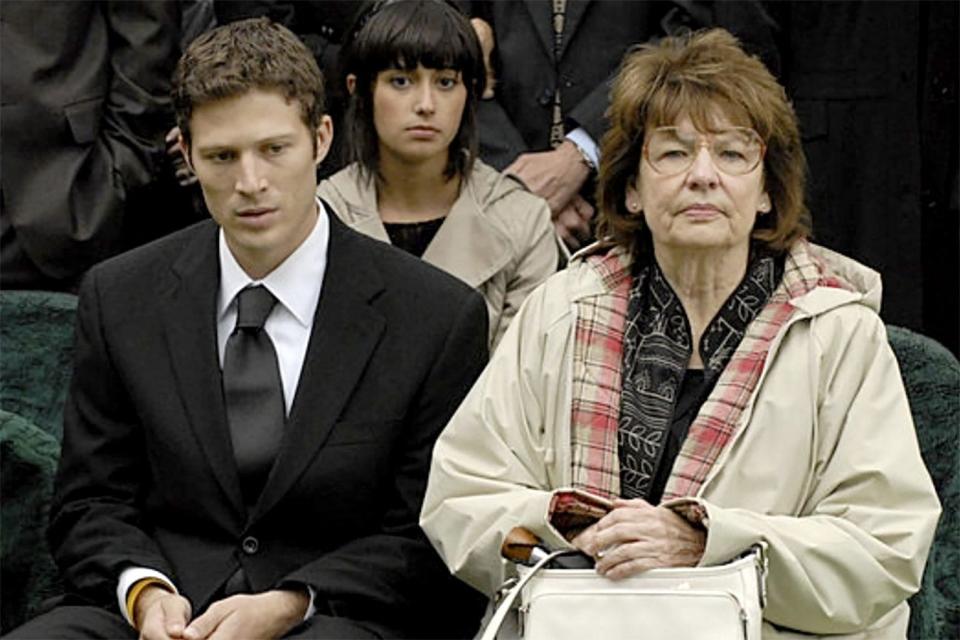
I love this show—it’s diametrically opposed to every creative instinct I have, in that it delves into the scary world of “earnest and vulnerable.” As a comedy writer whose comfort zone is entirely joke writing, I have so much respect for the kind of complex emotional authenticity in this episode about death and grief, in which the character Matt Saracen’s somewhat estranged father dies in combat in Iraq.
There are three moments I particularly love in this episode: In the first one, Matt (played by Zach Gilford) talks to an Army recruiter, who tells him that his father was incredibly funny, and Matt admits, angrily, that he has never seen his father even laugh. What should have been a comforting, albeit somewhat standard funeral moment for him becomes a sharp reminder that he’s actually been grieving his father since long before his father died. The second moment is when Tami, Coach Taylor’s wife, asks Matt to step outside while they are going over arrangements for the funeral, with the funeral director trying to upcharge Matt. Tami, alone with the director, scolds him for taking advantage of this young kid, and we trust that he is being cared for as a child, by these parents. And finally, when Coach Taylor runs after Matt after he has an open breakdown, confessing how much he “hates” his late father. This is where we get the Coach Taylor that we love to see—a friend, coach, and father. I think I would pay a lot of money for a subscription service where Coach Taylor gives me a pep talk once a week. You might ask, “Isn’t that just therapy?” to which I would say, “No, it’s a different thing, and why are you trying so hard to ‘catch’ me?”
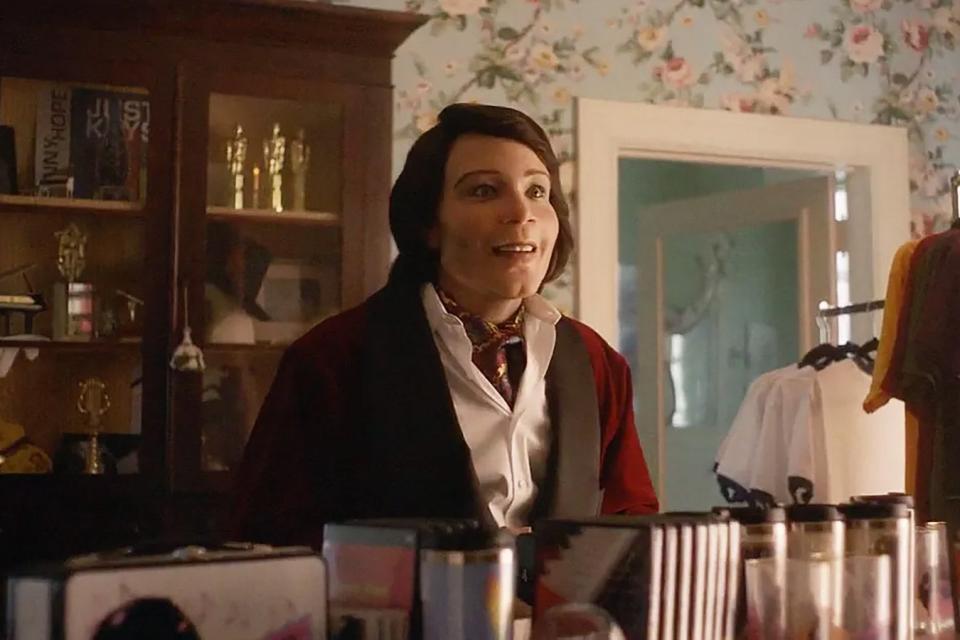
For one week in the spring of 2018, my favorite stand-alone television episode was Atlanta’s “Barbershop.” But when the next week rolled around, the show aired an episode so iconic its title alone would become shorthand for the new possibilities of one-off storytelling on TV. “Teddy Perkins” begins with a simple quest for a used piano; by the end, it’s invented its own genre, the half-hour Southern Gothic satirical psychodrama. It’s terrifying, hilarious, and unexpectedly moving. All these weeks later, I’m still in awe.
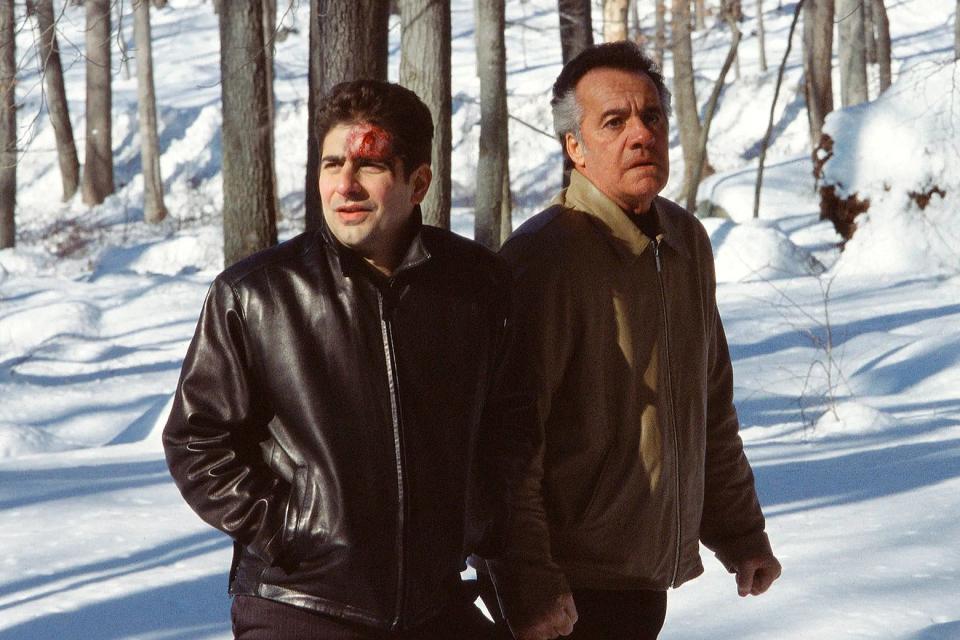
Christopher (Michael Imperioli) and Paulie (Tony Sirico) are tasked with collecting a debt from a Russian man who gives them the slip in the middle of a snowy New Jersey forest. The Russian is completely at home in this environment, but the elements quickly bring Christopher and Paulie to their knees. I love this episode because it’s rare that a TV show shows real respect for, and fear of, Mother Nature. These characters are two very tough, powerful guys, but they are soon reduced to freezing-cold messes fighting over ketchup packets.
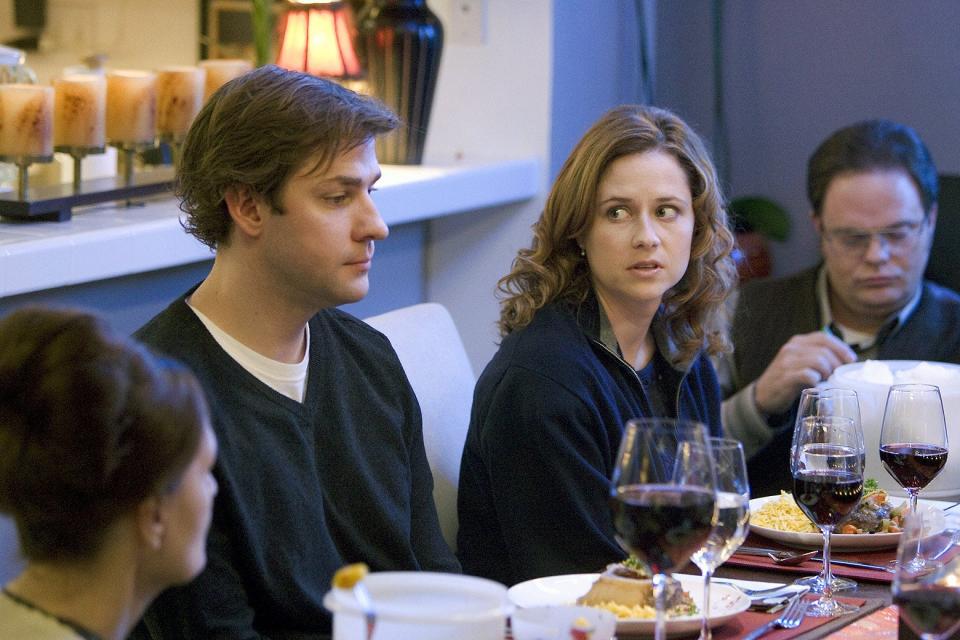
The only background info you need to enjoy “Dinner Party” is to have attended a shitty dinner party. And who hasn’t? Hosted by the most toxic couple you know, in a drab condo where the scented candle fumes turn your mouth crusty with “Bayberry Bangor Bonfire,” it’s freezing, everyone is starving, and the host keeps making you listen to a folk-rock ballad about how she deflowered her assistant. It’s not just a perfect episode of TV; it’s a perfect one-act play. Even my dad would love it. He hasn’t regularly watched a show since The Adventures of Brisco County, Jr. (1993–94), but he’s been to a lot of bad dinner parties.
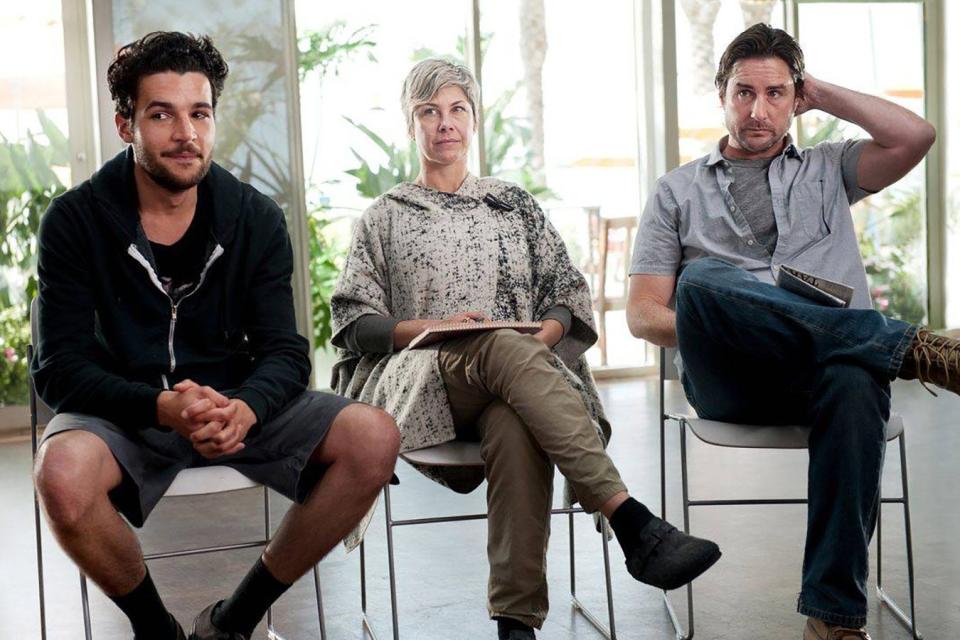
“I’ve been a bad roommate. OK? You’ve been a great roommate.” OOOOF. You learn so much about Laura Dern’s character Amy by watching her ex-husband Levi (played by a heartbreakingly perfect Luke Wilson) suffer in a rehab center that we have previously heard Amy place on such a high pedestal. She appears only at the top of the episode, reading a letter from him, and we spend the rest of the episode in Hawaii as Levi tries to get sober. Other patients are farting, doing trust falls, and sharing feelings, and Levi is not feeling any of it, instead going on his own “journey” to feel alive again. We have so much empathy for him as he breaks the rules and his confines. The characters are so real and human, and no one feels like a function of story drive—they just seem like real people. I find this episode so moving.
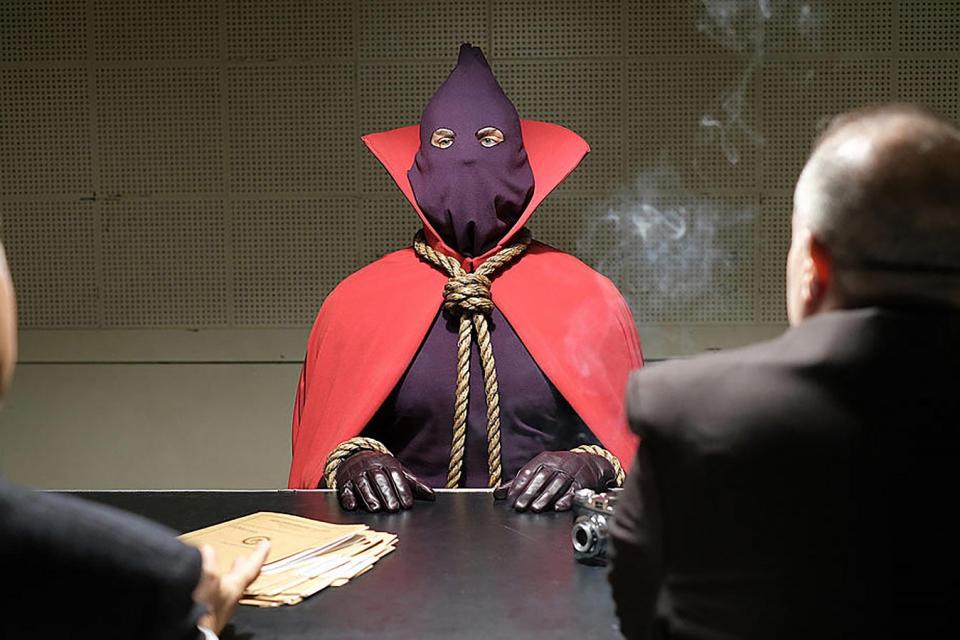
This episode is breathtaking, to say the least, taking viewers back in time to learn the origin of Hooded Justice, the first masked vigilante in the Watchmen universe, and his connection to the series’ main character, Angela Abar (Regina King). The episode (and the series overall) deftly weaves in the actual history of the Tulsa massacre, along with other historical moments and figures, but it also illuminates how trauma and the many brutalities of racism endure and are passed down. This episode has stayed with me for years, providing a phenomenal example of storytelling with care, intention, and detail that changes your entire perspective on characters, storytelling, and the real world around you.
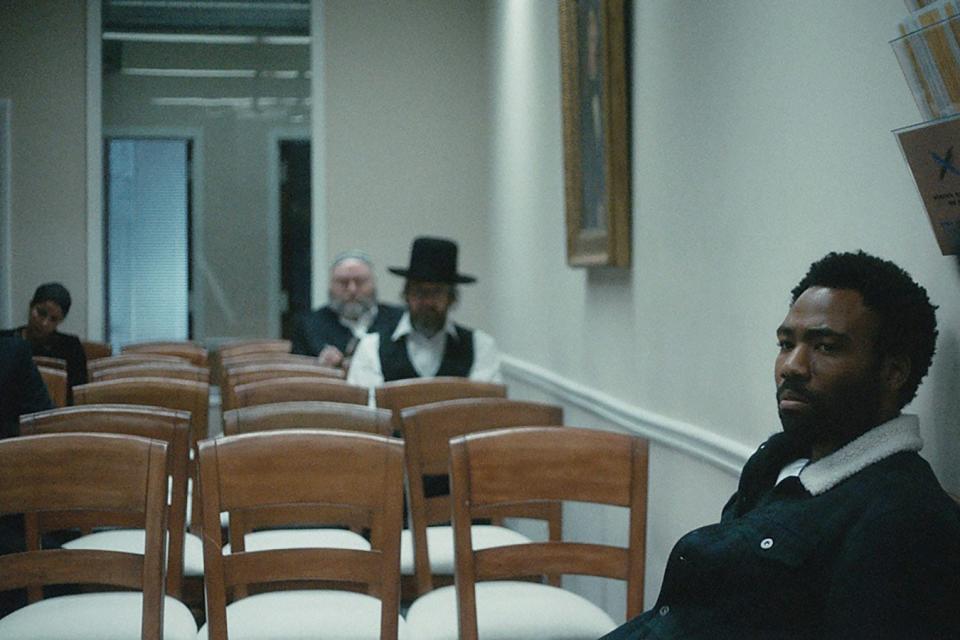
For me, the very best episodes of television are somatic joys. That can come in the form of getting me off the couch and onto all fours in the living room (Game of Thrones’ “Hardhome”), catastrophically weeping openly in front of my in-laws (Six Feet Under’s “Everyone’s Waiting”), or—in the case of my pick—sitting and staring at the TV in awed silence, all the way through the credits, realizing that I have just been led down into a labyrinth of humanity and wisdom I hadn’t even known about. “Crabs in a Barrel,” the finale of Atlanta’s second season, feels both perfect and unknowable to me, still. The last five minutes are like a map to everything, somehow, but human, warm, and totally relatable. Five years later, and I’m still sitting on the couch, looking at the screen.
All interviews in this article were conducted before the SAG-AFTRA strike and/or in accordance with the WGA and SAG-AFTRA strike rules.

